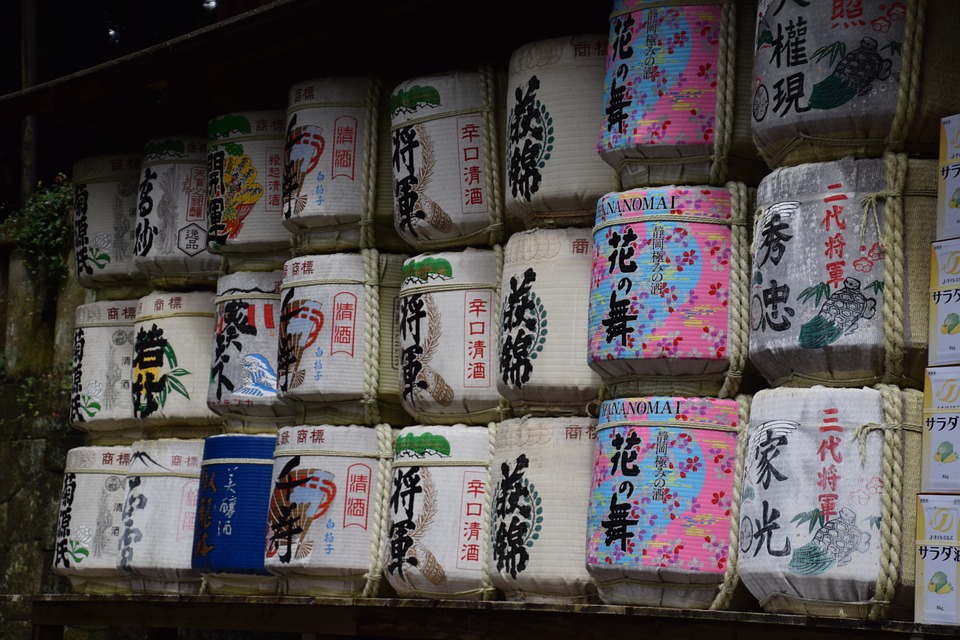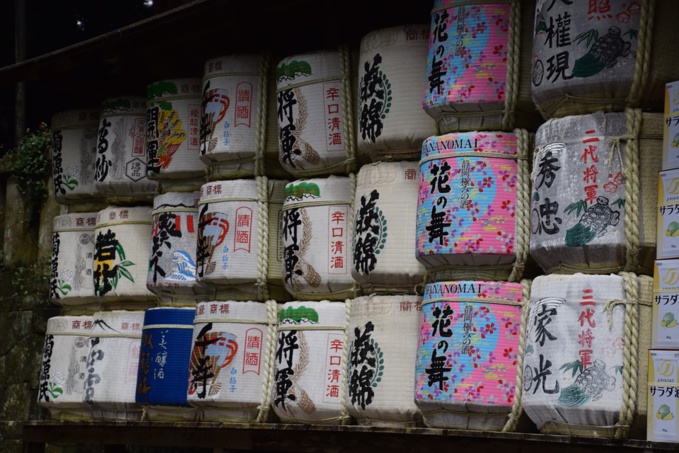With the free trade agreement between Japan and the European Union, which will enter into force on February 1, some opportunities are expected, including problems for the domestic wine industry.
"It is true that more Japanese wine can be supplied to European markets, but the problem is whether it can become popular there," said a local farmer, who knows exactly what is needed to compete in foreign markets where there are already deeply ingrained tastes in wine.
Japanese winemakers are also struggling to increase the share of the domestic market, where imported wines occupy approximately 70% of the goods.
Japan hopes that the treaty signed in July will help increase exports to the European Union, the world's largest free trade zone, covering about 30% of the world economy.
Under the agreement, the regional block of 28 members will begin importing wines produced in accordance with Japanese standards. This is a serious deviation from the usually strict rules governing winemaking in Europe, which very strictly determine proportion of alcohol and labeling.
In the prefecture of Yamanashi, there are about 80 wineries. In 2009, local companies launched a project to export their wines to Europe, and in 2010 the first advertising campaign in Britain was carried out. The number of bottled wines exported to the European Union was about 2,000 that year, and by 2017 this number had grown to 20,000.
At the same time, there is a risk of reduction in the share of local products in the domestic market after the agreement enters into force. According to a survey conducted by Sapporo Breweries, the Japanese from February next year will be more interested in European wines, given that their prices will decrease by 15%.
source: kyodonews.jp
"It is true that more Japanese wine can be supplied to European markets, but the problem is whether it can become popular there," said a local farmer, who knows exactly what is needed to compete in foreign markets where there are already deeply ingrained tastes in wine.
Japanese winemakers are also struggling to increase the share of the domestic market, where imported wines occupy approximately 70% of the goods.
Japan hopes that the treaty signed in July will help increase exports to the European Union, the world's largest free trade zone, covering about 30% of the world economy.
Under the agreement, the regional block of 28 members will begin importing wines produced in accordance with Japanese standards. This is a serious deviation from the usually strict rules governing winemaking in Europe, which very strictly determine proportion of alcohol and labeling.
In the prefecture of Yamanashi, there are about 80 wineries. In 2009, local companies launched a project to export their wines to Europe, and in 2010 the first advertising campaign in Britain was carried out. The number of bottled wines exported to the European Union was about 2,000 that year, and by 2017 this number had grown to 20,000.
At the same time, there is a risk of reduction in the share of local products in the domestic market after the agreement enters into force. According to a survey conducted by Sapporo Breweries, the Japanese from February next year will be more interested in European wines, given that their prices will decrease by 15%.
source: kyodonews.jp



















